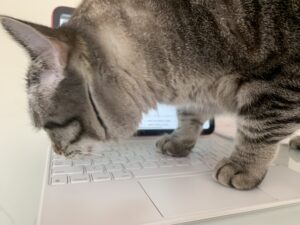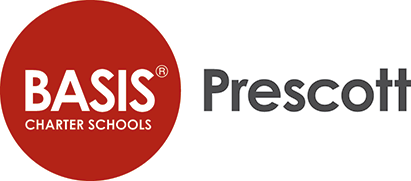Week 2: You Have No Shelf Control
Taylor P -
Welcome to week two everyone! I had a very productive week as I dove deep into the process of traditional book publication. I examined many different company models, evaluated the pros and cons of the process, and began designing my written guides on how to publish books through this method.
To start, I began by researching the biggest publishing companies in the United States. I wanted to see just what it would take to successfully publish a book with companies of such prestigious reputations. Of course, for me, publishing with one of the big five companies is a dream rather than an attainable goal. Check back in with me in about fifty years to see if I have made it yet.
Through my research, I learned that the top five companies are: Penguin Random House, Hachette Book Group, Harper Collins, Simon and Schuster, and Macmillan. If you pick up any book on your shelf, I guarantee it was published by one of these companies (or it is the parent company). I spent a lot of time on these company websites, practically salivating at the idea of seeing one of my books featured on the site one day. Some of these companies laid out the process very clearly, whereas others assumed authors knew the process already and provided no information regarding manuscripts. I am quite curious to interview a handful of authors and see how many of them really knew the process of publication before diving in.
As I also looked into smaller companies, I realized one common theme: literary agents. This was not something I had considered before starting my research. A literary agent is a liaison between an author and a company. An author sends the agent their manuscript, and the agent agrees to vouch for it. They will take charge of sending your manuscript to various companies and seeing how many nab it. Every company I researched will immediately reject manuscripts that do not come from an agent—called “unsolicited manuscripts”. Though some companies may have different policies, this is the main point I discovered. While an agent is both necessary and helpful, they do require a percentage of profit, because, of course, publication is all about money.
With all this new information, I decided to weigh the pros and cons of traditional publication. I will not list them all, but here are some major points:
PROS: There is major clout, especially if you are lucky enough to publish with the big five; visibility and distribution are guaranteed; professionals know how to make your book good; and there are no costs on the author.
CONS: This method takes time, at least a full year, and depending on the contract, multiple years; you do not receive all profit: it is shared among the company and the agent; and, you have no shelf control.
Overall, I learned how much blood, sweat, and tears traditional publishing takes (maybe not blood, but paper cuts are a serious concern in this industry). This method of publication is my career focus, but I understand that it will take much more effort and many years on my part compared to how I will be publishing with this project. So, I invite you all to go pick up a book on your shelf, read through the copyright page, and think about the years and years that went into the book. You are holding an author’s heart in your hands; so, turn the page, and love it.
Until next week, as Lord Petyr ‘Littlefinger’ Baelish says, know your strengths, use them wisely, and one man can be worth ten thousand!


Comments:
All viewpoints are welcome but profane, threatening, disrespectful, or harassing comments will not be tolerated and are subject to moderation up to, and including, full deletion.